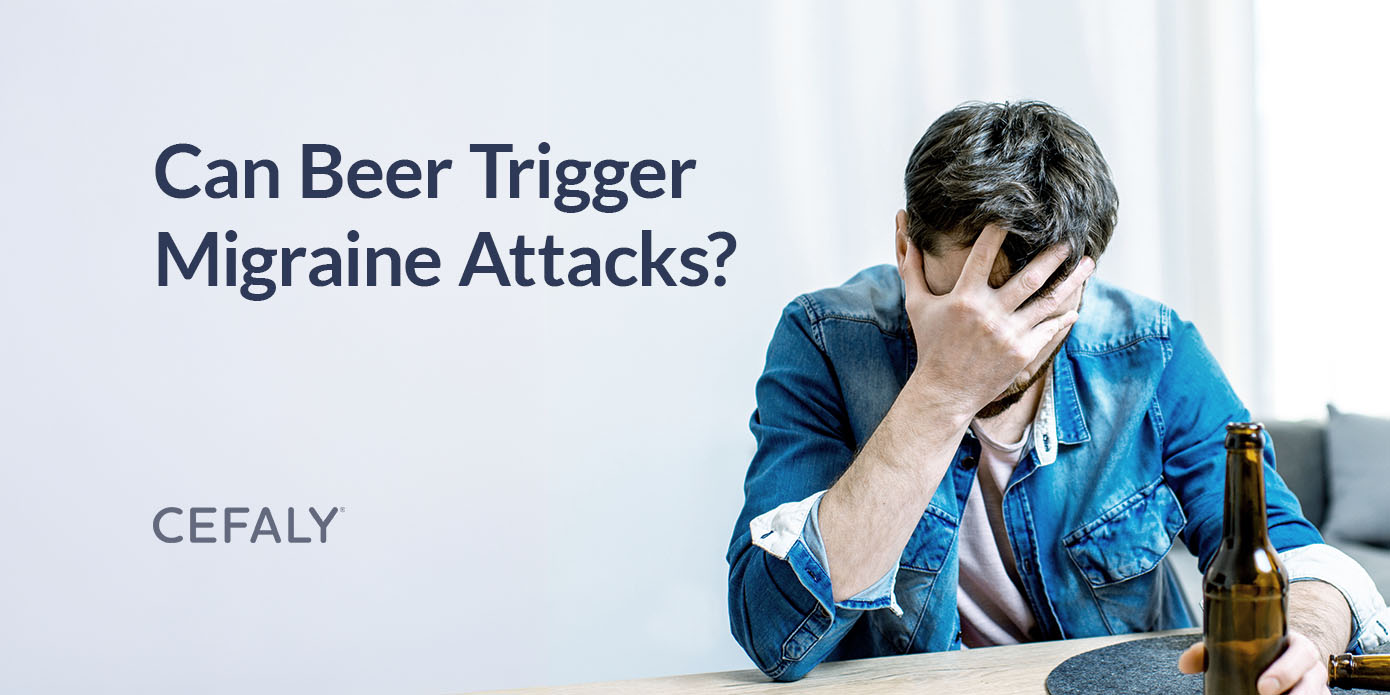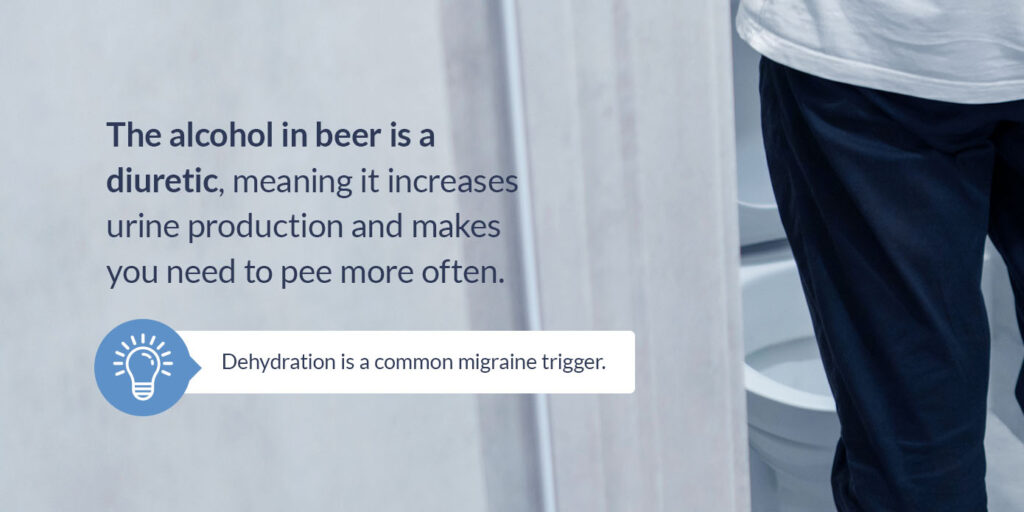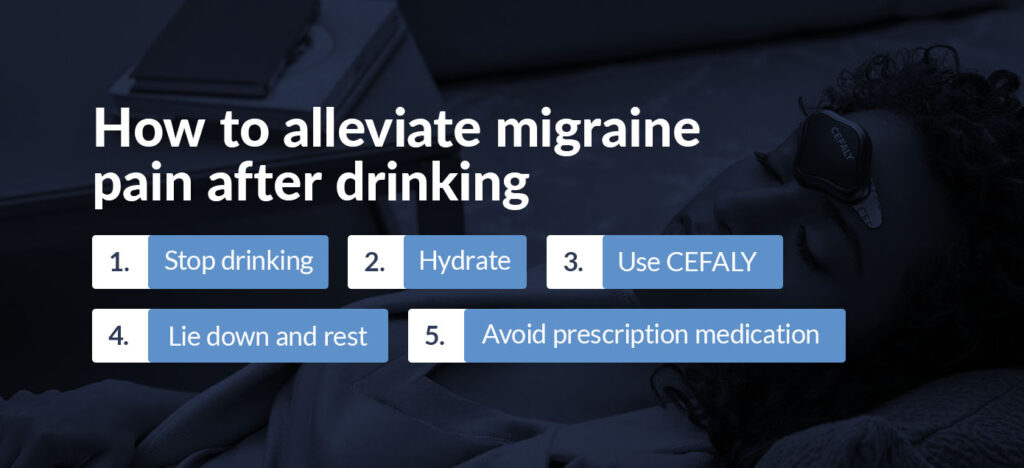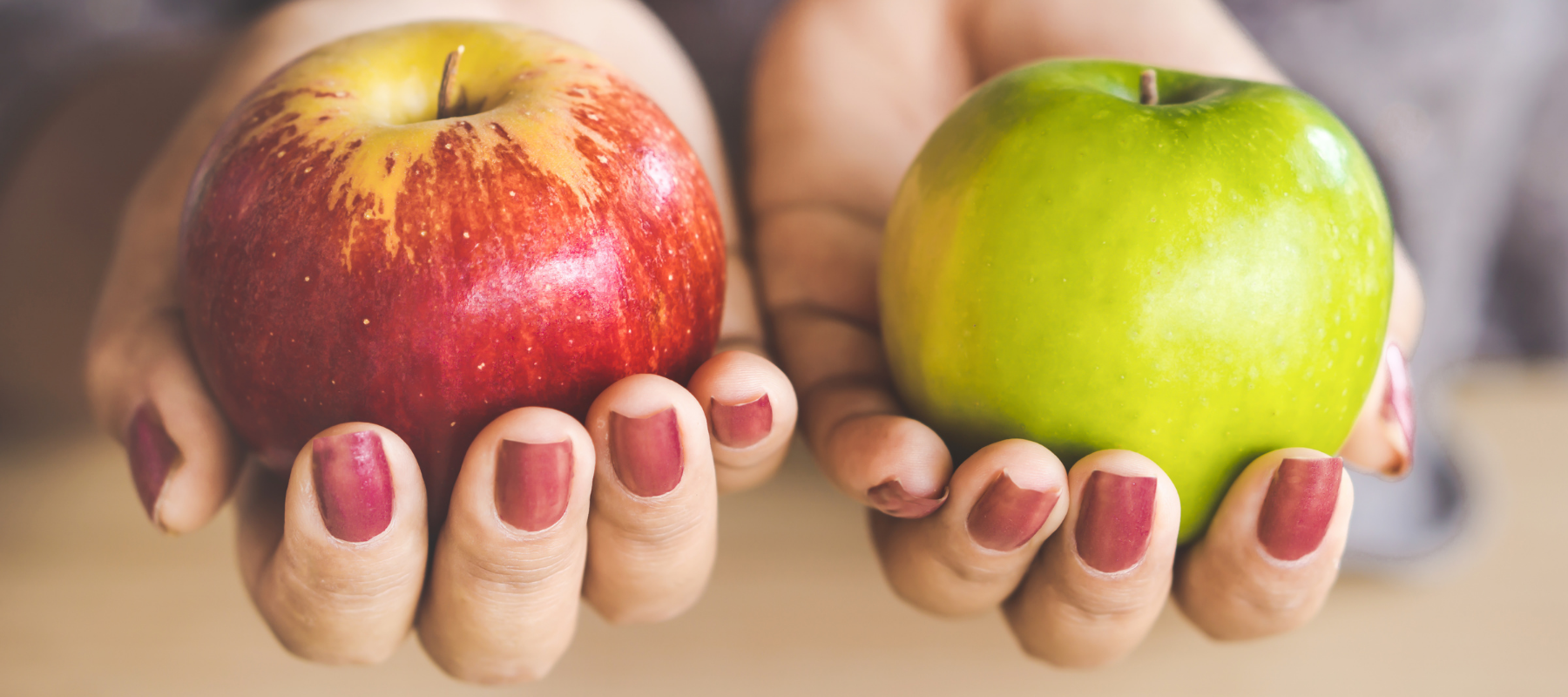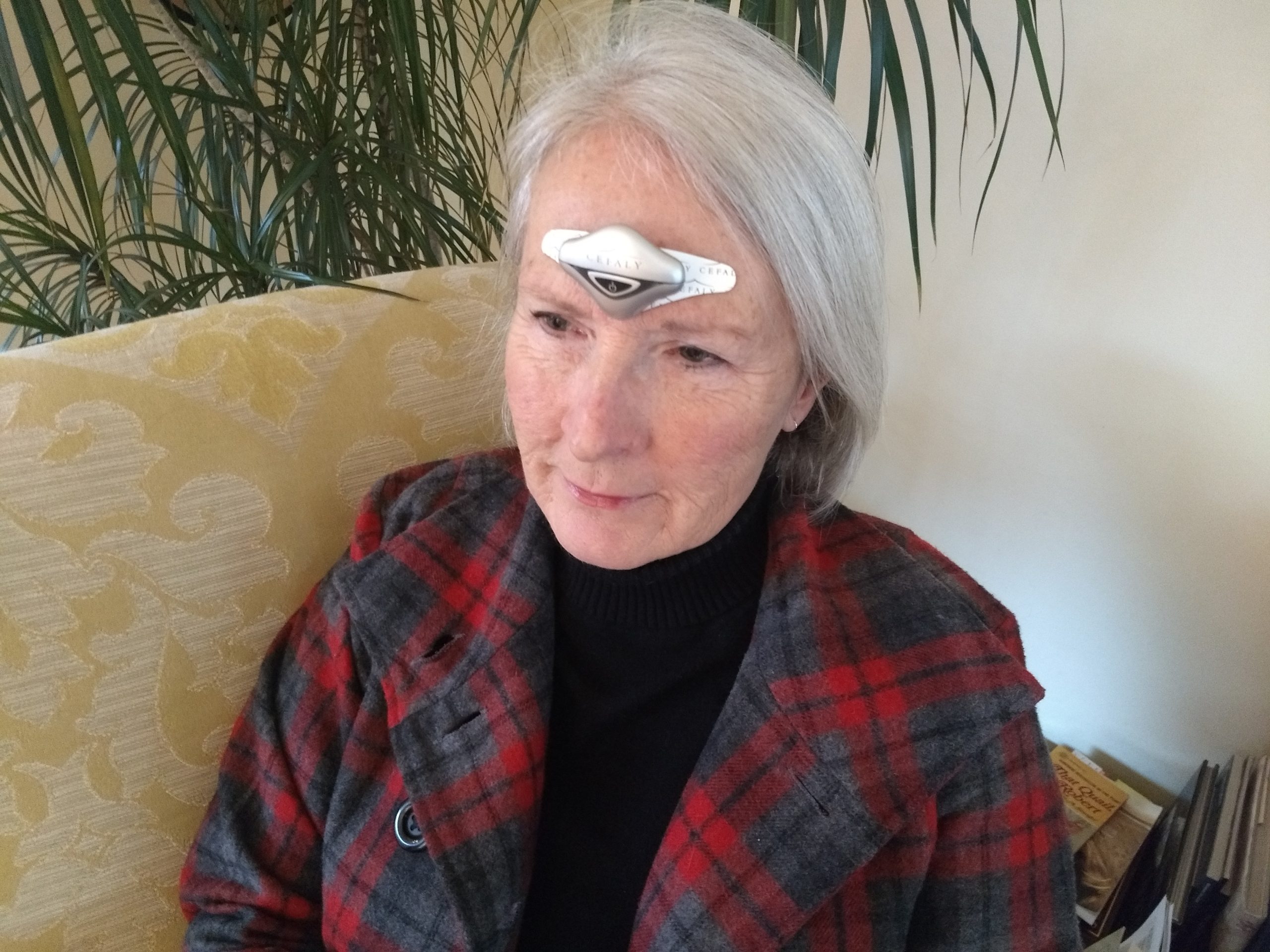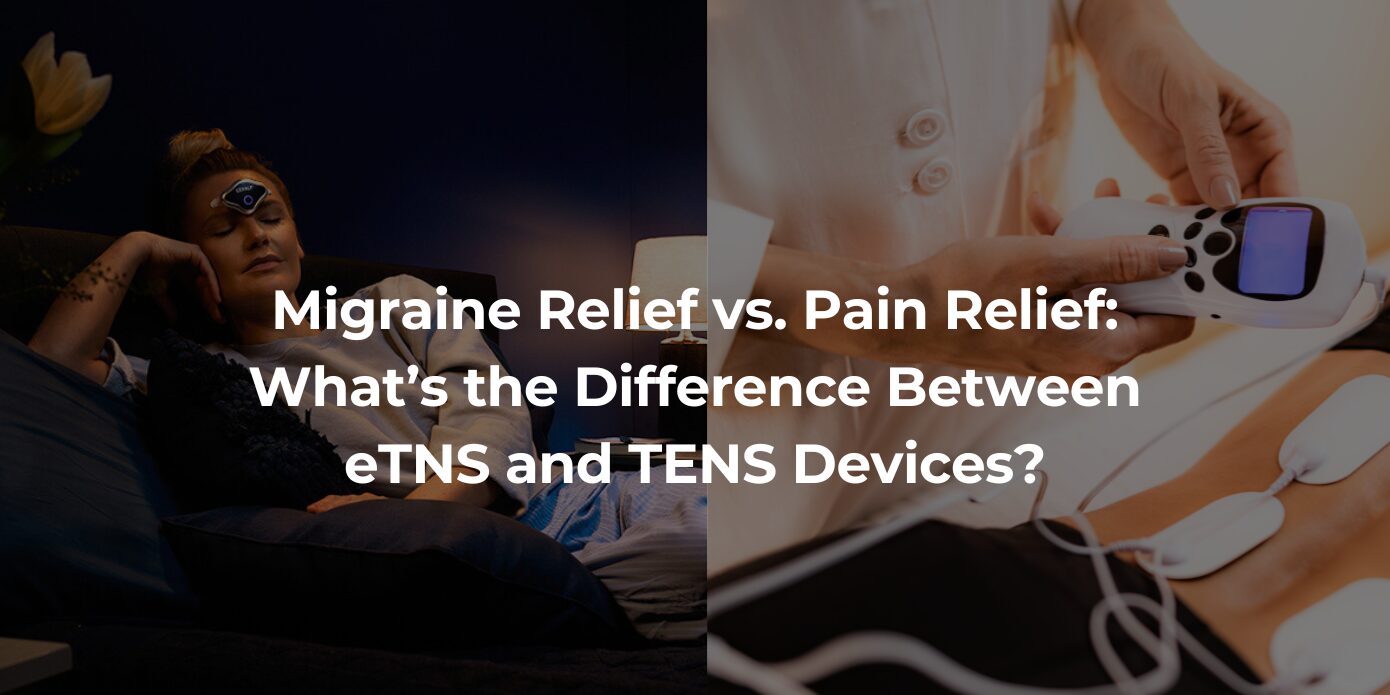When you’re living with migraine, you may have to give up a lot of things you love to prevent migraine attacks. Many things can trigger migraine, including staying up late, eating chocolate, sunbathing, and working out. Unfortunately, beer and other drinks can also be an issue. But why does beer cause migraine attacks?
Every person with migraine is different. For some, an occasional ale is no big deal. For others, drinking beer is guaranteed to bring on symptoms. If you’re somewhere in the middle, here are a few key things to know.
- Alcohol-triggered migraine attacks vs. hangover headaches
- The relationship between beer and migraine
- Why do you get a migraine after drinking beer?
- How to figure out if beer triggers your migraine attacks
- How to avoid migraine without skipping happy hour
- How to alleviate migraine pain after drinking
Alcohol-triggered migraine attacks vs. hangover headaches
Many people experience a delayed alcohol-induced headache (DAIH) — most commonly referred to as a hangover headache — the morning after drinking lots of alcohol, including beer. However, it’s important to understand that hangover headaches are not the same as alcohol-triggered migraine attacks.
Beer-triggered migraine attacks
For some people, beer can cause a headache within a few hours of consumption, called an alcohol-induced headache. For people with migraine, this headache is often part of a migraine attack. It feels like pulsing pain on one side of the head, accompanied by other symptoms like nausea, vomiting and sensitivity to light and sound.
Hangover headaches
While a hangover headache or DAIH also causes head pain and nausea, you’ll usually experience these symptoms after drinking and then going to sleep. When you wake up, you might have pain on both sides of your head or the forehead. You might also feel dizzy and nauseated and have a fast heart rate.
Anyone can get a hangover headache. However, people with migraine are more susceptible to hangover headaches than people without migraine. It may also take less alcohol consumption to bring on a DAIH or migraine attack for people with migraine.
The relationship between beer and migraine
Researchers are still trying to understand the relationship between beer and migraine. However, it’s clear that drinking any alcohol can trigger migraine for some people.
A 2018 study of almost 2,200 migraine patients found that more than a third of them — 35.6% — reported that alcohol was a migraine trigger. Red wine was the most common trigger among alcoholic beverages. Beer ranked fourth, after white wine and champagne. Vodka was the drink least likely to trigger migraine.
Because vodka contains almost no ingredients beyond ethanol and water, researchers believe that ethanol may not be the main culprit for alcohol-induced migraine. Other compounds found in alcoholic beverages and the behavior changes associated with drinking may also be to blame.
Why do you get a migraine after drinking beer?
Everyone gets migraine attacks for different reasons, regardless of the drinks involved. The exact reason why beer triggers migraine is still unclear, but there are a few potential reasons:
Dehydration
The alcohol in beer is a diuretic, meaning it increases urine production and makes you need to pee more often. Going to the toilet frequently in a short period can make you dehydrated. Additionally, you may forget to drink enough water while drinking alcohol, causing you to become more dehydrated. Dehydration is a common migraine trigger, making this a likely culprit for alcohol-induced migraine.
Congeners
Beer’s fermentation process mainly produces ethanol or alcohol, but it also creates other byproducts called congeners. These give beer its flavor, aroma and color. Studies suggest congeners may be a migraine trigger for some people. Darker drinks — including beer and wine — tend to have more congeners, which is why they may cause more migraine attacks than lighter drinks.
Biogenic amines
Beer also contains biogenic amines from the lactic acid bacteria found in fermented products. Two examples of biogenic amines in beer that may affect migraine include:
- Histamine: Beer contains histamine, a natural chemical the immune system uses to respond to allergens. High histamine levels cause inflammation in the body, which can trigger migraine.
- Tyramine: Tyramine is a compound produced from the breakdown of the amino acid tyrosine. It occurs naturally in fermented and aged foods and beverages. All beer is fermented, but levels of tyramine vary. Studies show that tyramine ingestion is related to headaches, but the exact link is unclear.
How to figure out if beer triggers your migraine attacks
Migraine affects everyone differently, and understanding your specific triggers can help you mitigate future migraine attacks. To find out if beer is a trigger for you, track your symptoms in a migraine diary and see if you can detect patterns in triggers and treatments. The CeCe Migraine Management app lets you keep a real-time diary on your phone, making trigger tracking easy.
Record as much information as possible, such as the drink type, number of drinks, and severity of symptoms. Also note other possible triggers, like the food you ate or the time you went to bed. Some people find that they can tolerate beer during certain times when other triggers — like lack of sleep, stress and hormonal changes — are less likely to affect them.
If you take medication for migraine, ask your healthcare provider if you should avoid drinking because of potentially harmful interactions.
How to avoid migraine without skipping happy hour
Living with migraine is all about balance. Depending on the severity and consistency of your migraine attacks, you may be able to enjoy a drink from time to time without symptoms. For some, a migraine diary is enough to understand the consequences of each drink. For others, it may be best to eliminate drinking entirely.
If you plan to continue drinking, keep these tips in mind to reduce the risk of migraine:
- Try different beer types: If you enjoy beer but find it’s sometimes a migraine trigger, it may be worth trying different types. Some people do well with lighter beer or beer that’s low in hops. You can also try filters that remove triggering compounds like sulfite or histamine.
- Choose brands you know: If you tend to be sensitive to different types of beer, you may want to skip the drinking tour. Stick to the brands and types of beverages you’ve tolerated in the past.
- Avoid green beer: If you have migraine, it’s probably best to skip the green beer that bars serve for St. Patrick’s Day. It contains green food dye made with Yellow 5 food dye, which is a migraine trigger for some.
- Drink in small quantities: Keeping your drinking to a minimum prevents excessive dehydration and helps your body mitigate triggers. Have a beer or two, and then stick to nonalcoholic beverages.
- Stay hydrated: To counteract beer’s dehydrating effect, have one glass of water per drink. You should also drink plenty of water before and after a drinking session.
- Control other triggers: Stress, lack of sleep, skipping meals, and menstruation can all be migraine triggers. Avoid beer when you’re not feeling your best, and you can potentially avoid a migraine.
90-day money back guarantee FDA-cleared financing availableGet Drug-Free Migraine Relief With CEFALY
Shop Now
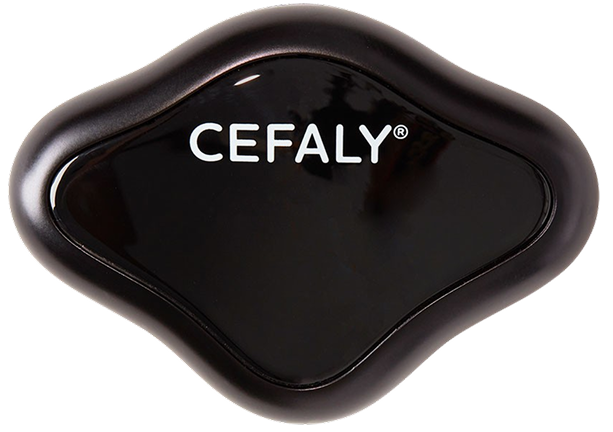
How to alleviate migraine pain after drinking
Let’s say you do everything listed above, and you still feel migraine symptoms after drinking. It happens! When you feel an oncoming migraine, there are many steps you can take to treat symptoms. Follow these tips to relieve your migraine:
- Stop drinking: Though beer may not be the only trigger, it’s best to put the drink down before your symptoms get any worse.
- Hydrate: If you haven’t already, start drinking water to rehydrate your body.
- Use CEFALY: Attach your CEFALY migraine device to your forehead lie back, and start an ACUTE treatment at the earliest sign of a migraine attack.
- Lie down and rest: You can begin to calm your body and mind by taking a moment to rest. Lie down in a dark, quiet room for the most relief.
- Avoid prescription medication: Most pain relief meds are dangerous to take with alcohol. Check your prescription for guidance.
FAQs about beer migraine headaches
Here are the answers to some additional questions people with migraine usually have:
Can draft beer give you a migraine headache?
Yes, draft beer — a beer that’s stored in kegs and served through a tap — can cause migraine headaches for people with migraine. The reason could be that keg beer usually has more unfiltered compounds and bacteria.
Can hops give you a migraine headache?
Yes, hops can trigger migraine headaches. Hops are the plants that people use to make beer, but some use it as a cooking ingredient. Ingesting hops in any form can give you a headache if you are sensitive to the plant’s compounds. Beers with more hops in them may be particularly triggering.
Why does IPA give me a migraine headache?
India Pale Ale (IPA) is a type of beer that contains more hops than regular beer and has a high alcohol content. These two factors may be why some people with migraine have more attacks from IPA than other beers.
Use CEFALY for drug-free, clinically proven migraine relief
Using CEFALY allows you to enjoy life again. CEFALY is an FDA-cleared treatment device that can relieve and prevent migraine symptoms. In one study, 2 hours of the device’s ACUTE treatment mode resolved all migraine symptoms for 42.5% of users. The PREVENT mode can reduce the frequency of migraine attacks, helping you have more pain-free days.
Try a CEFALY device today risk-free with our 90-day money-back guarantee!
